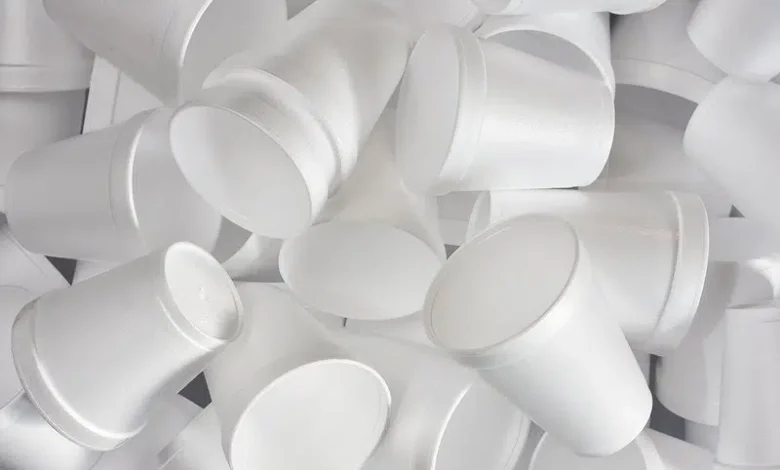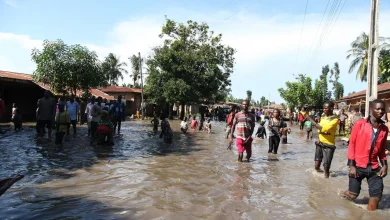
The Lagos State Government has announced that, beginning Tuesday, July 1, 2025, it will commence strict enforcement of its ban on Styrofoam packs and other harmful single-use plastics. Offenders including markets, shops, and outlets caught storing or distributing banned items will face immediate closure and legal penalties.
Commissioner for the Environment and Water Resources, Tokunbo Wahab, issued the warning in a statement on Monday, stressing that the six-month grace period granted to businesses expired on June 30.
“Many assumed we would bow to pressure and delay enforcement. It will not happen,” Wahab said. “Any market or store found selling or stockpiling these banned items will be sealed, and those responsible will be sanctioned under Lagos environmental laws.”
What’s Banned?
The ban specifically targets single-use plastic products below 40 microns in thickness due to their environmental harm. The items include:
- Styrofoam food packs
- Plastic straws
- Lightweight nylon bags
- Disposable plastic cups and cutlery
Wahab clarified that the ban does not apply to all plastic products but focuses on the most problematic, non-biodegradable ones that routinely clog drainage systems and pollute Lagos’ already fragile coastal ecosystem.
Environmental and Economic Rationale
According to the commissioner, the ban is part of a wider strategy to reduce waste generation, protect waterways, and ease pressure on landfill sites that are nearing capacity.
“This policy is about safeguarding public health and protecting the environment,” he said. “We will not compromise our responsibility to future generations.”
Wahab also dismissed fears that the ban could lead to job losses, stating instead that the policy would open new employment opportunities as manufacturers and retailers pivot to sustainable alternatives.
“It’s a no-brainer no jobs will be lost,” he said. “In fact, more will be created as we transition toward environmentally responsible packaging.”
Global Best Practice
Lagos joins over 70 countries and major cities that have introduced similar restrictions since Bangladesh became the first to ban single-use plastics in 2002.
Wahab noted that single-use plastics, especially Styrofoam, place a huge burden on the state’s infrastructure. Blocked drainage channels from plastic waste often lead to flooding and force the government to spend millions clearing waste funds that could be better invested in healthcare, education, and public services.
To ensure compliance, the government has developed what Wahab described as “covert enforcement strategies” to identify violators and hold them accountable.





